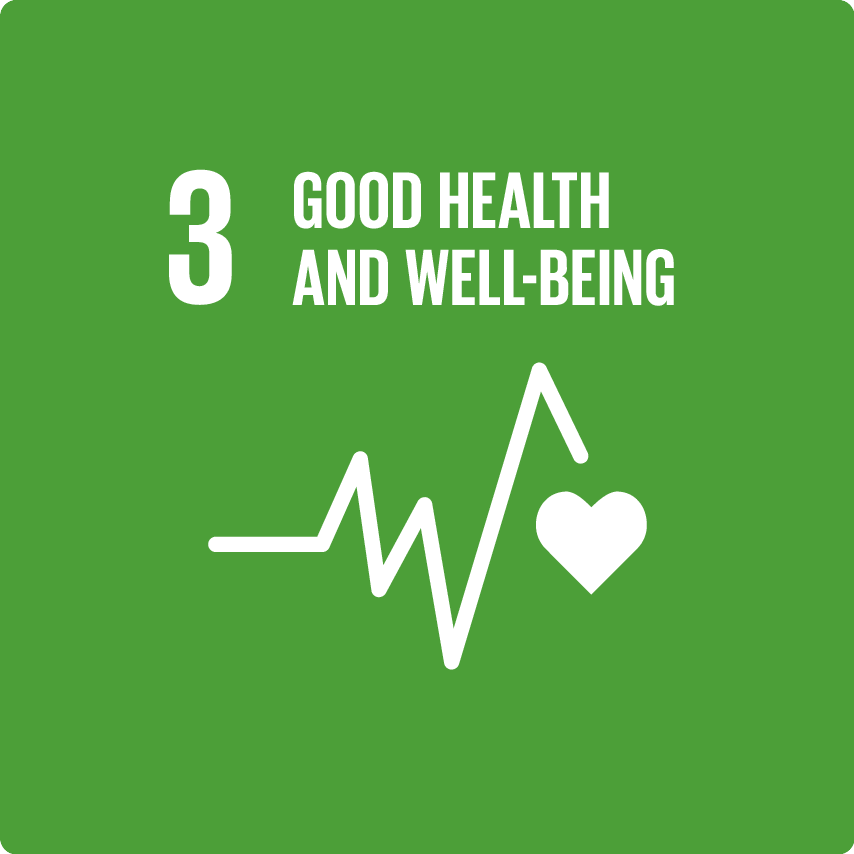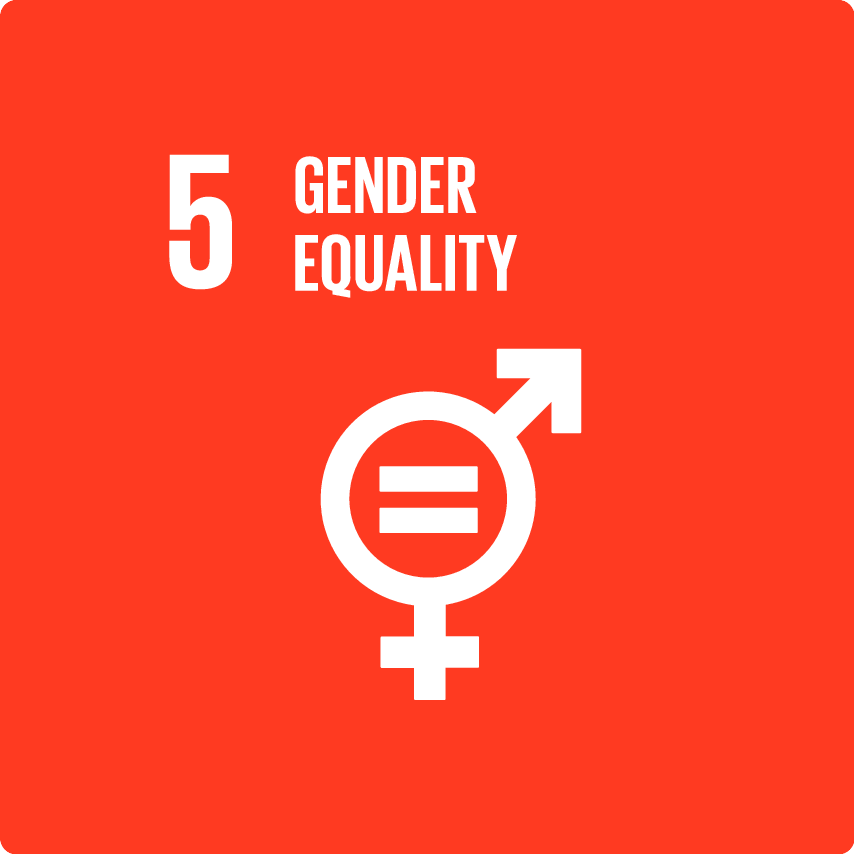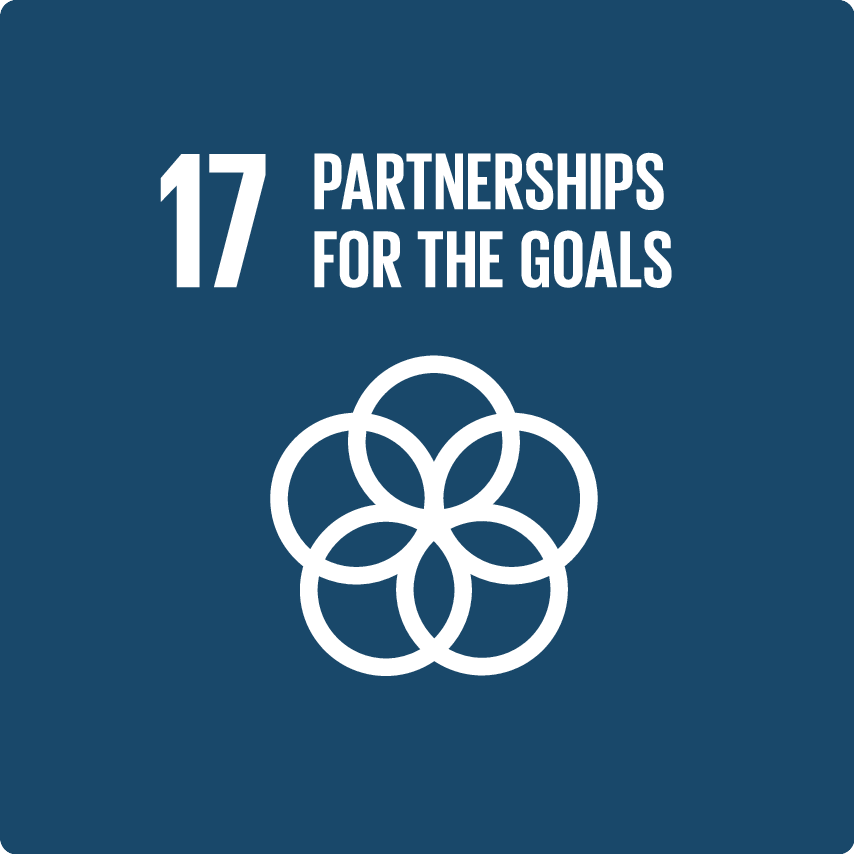Takeda and Ipas, Improving Access to Sustainable, Woman-Centered Care for Hard-to-Reach Women and Girls
This multi-country Global CSR Program partnership focuses on improving access to sustainable, women-centered care to meet the reproductive health needs of women and girls in Ethiopia, Indonesia, and Pakistan.
Objectives
To improve access to and use of comprehensive sexual and reproductive health services for hard-to-reach women and girls in Ethiopia, Indonesia, and Pakistan by strengthening workforce capacity, health systems, and community support mechanisms.
Across the developing world, unintended pregnancies and unsafe abortions are major barriers to women’s and girls’ health, wellness, human rights, and prosperity. Limited capacity within the health workforce substantially contributes to these barriers. This is particularly true for hard-to-reach women and girls, such as those living in rural areas or in fragile countries affected by conflict or disasters. In Ethiopia, for example, survey data indicated that 25% of pregnancies among married women 15-49 were unintended, with evidence indicating this is even higher in rural areas. And the survey was implemented prior to the current civil war and recent natural disasters, which have made access to services even more difficult. In Pakistan there are nearly 2.2 million induced abortions each year, and more than 85% of these are performed by persons who are not trained in the use of safe abortion technologies; as a result, as high as 13% of all maternal deaths are associated with unsafe abortion. A major factor contributing to unintended pregnancies is a lack of contraceptive care. In Indonesia’s remote East Nusa Tenggara (NTT) province, more than 17% of married women have an unmet need for contraceptive care, leading to high rates of unintended pregnancies and unsafe abortions.
Women and girls in some of the world’s most remote, fragile, and otherwise hard-to-reach areas often lack access to quality sexual and reproductive health (SRH) care, which can lead to unintended pregnancies, death and injuries from unsafe abortions, and a loss of economic opportunities. Ipas proposes a four year, ¥998,518,575 project to strengthen health systems and the health workforce in Ethiopia, Indonesia, and Pakistan to increase access to and availability of high-quality SRH services for women and girls in hard to reach and vulnerable areas. We will work with health care providers, health facilities, and communities to ensure women and girls have the agency and support to control their reproductive lives.
Quality SRH care requires more than clinical skills. Providers must be skilled in compassionate, non-judgmental care, and women and girls must feel safe and empowered to seek services in program settings where contraception and abortion care are highly stigmatized. This project’s approach uniquely integrates clinical training and mentorship that is grounded in women-centered care principles and fosters an environment that supports providers as well as women seeking care.
Results and milestones
• The program has reached 4,481 direct beneficiaries to date. They include women and girls who were able to access safe abortion and contraception services at health facilities, as well as health professionals who received training on reproductive health.
• Baseline assessments were conducted at 85 health facilities in Ethiopia and Indonesia
Geographic Reach
- Africa
- Eastern Mediterranean
- South-East Asia
Disease Area
- Women’s and Child Health
Target Population
- Women
- Children
Additional resources
Geographic Reach
Africa
- Ethiopia
Eastern Mediterranean
- Pakistan
South-East Asia
- Indonesia
Disease Area
Women’s and Child Health
- Children's Health
- Obstetrics
- Women's Health


